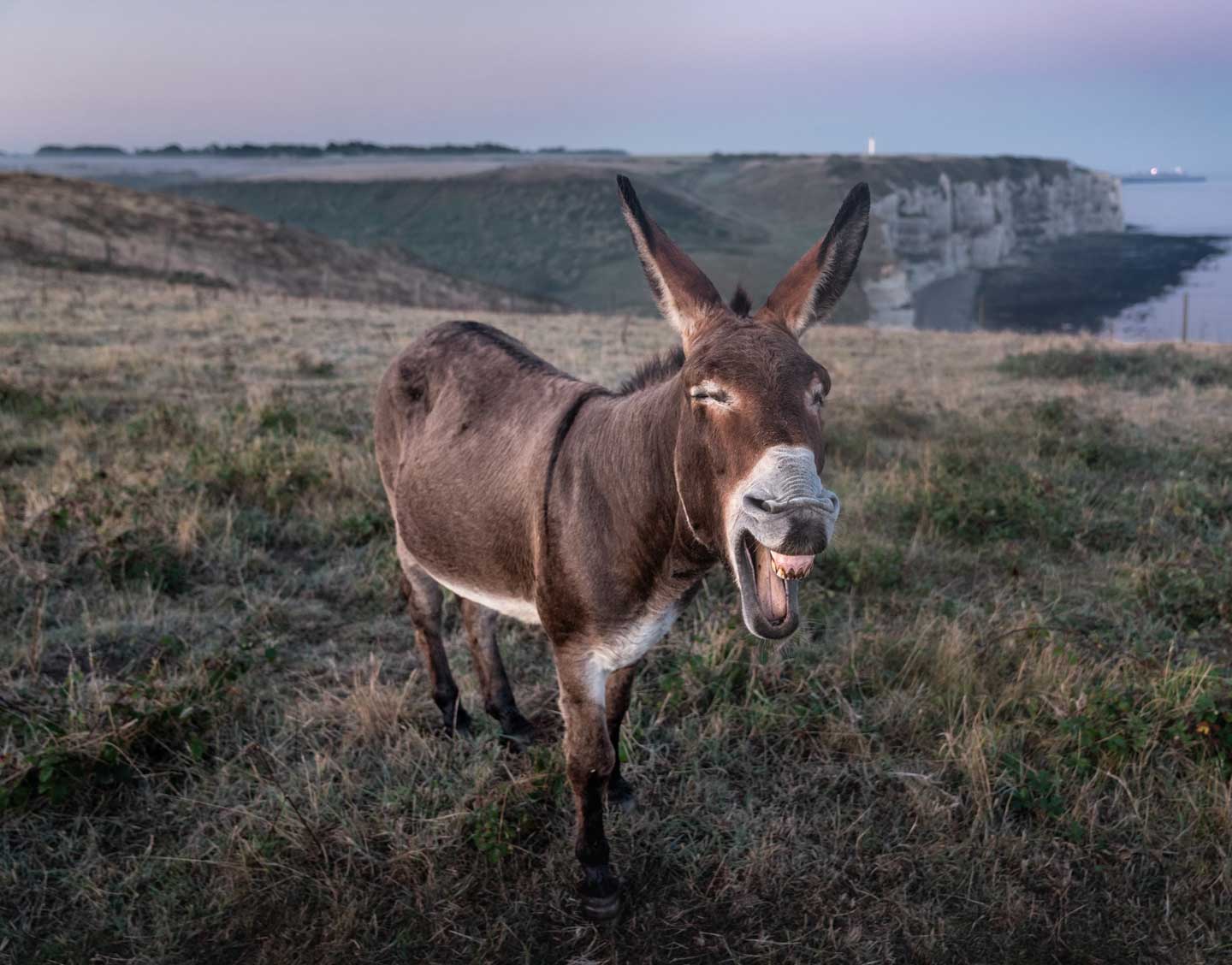
Written by David VanOpstall –
The Bible is a living book.
What I mean by that is I don’t believe in the Bible as a static, black and white, do and don’t list of how to please God. I believe it is a book that is meant to be wrestled with, interacted with, and treasured as…well, almost a friend or companion.
And you don’t proof text friends.
In saying that, I don’t deny it’s absolute truth. But we refer to the Bible as the Word, and John tells us that “the Word became flesh and made his dwelling among us.” That’s not a proof text. That’s a observation about reality. A truth that needs to be wrestled with, or as Eugene Peterson would say, chewed on. (Eat This Book, 2006)
I say all this because in our current climate, it’s all to common to look to the Bible as our answer book, picking out simple reasons for why things are the way they are. And it does tell us that, though often in wandering, weaving paths that invite us to walk, talk, and practice putting the Word into our own flesh and dwelling with it for a while.
For instance, Proverbs is a book of the Bible that seems pretty straight forward. It contains hundreds to sayings meant to impart wisdom to the reader – sayings that can seemingly be simple to understand and applied to life (well the application is a bit harder because it cuts deeply against the grain). But there are times it’s not so straight forward.
Do not answer a fool according to his folly, or you yourself will be just like him (Proverbs 26:4)
Simple enough. Sounds good. I’ll stop doing that. Easy peasy. What’s the next verse?
Answer a fool according to his folly, or he will be wise in his own eyes. (Proverbs 26:5)
Uh, what?
I thought you just told me not to do that.
You see? Not always black and white, but oh so much fun. The truth is there are times when both of these seeming contradictory nuggets of wisdom are prudent and applicable. But you have to chew on them a bit.
This is why at the beginning of the coronavirus pandemic, I felt uncomfortable with all of the quoting of 2 Chronicles 7:13-14. It says this (and it’s God speaking),
When I shut up the heavens so that there is no rain, or command locusts to devour the land or send a plague among my people, if my people, who are called by my name, will humble themselves and pray and seek my face and turn from their wicked ways, then I will hear from heaven, and I will forgive their sin and will heal their land.
Again, this seems to be a straight forward, formulaic understanding of how God and the world work. If there’s a plague, then there’s a solution: turn back to God and everything will be okay.
Now, I don’t deny that the church needs to turn back to God. And I don’t deny that humanity has gone astray and gotten itself into all kinds of trouble because sin is rampant. And I’m convinced that if we all started living in tune with God and the Spirit, we would all be a lot better off.
But for we who follow Jesus, this “if, then” statement doesn’t jive with other parts of the Bible.
You see, in the Old Testament there was this “if, then” relationship established between God and his people. Today we call it the old covenant. (Andy Stanley addresses this beautifully in his book, Irresistible, 2018) In the old covenant, God would love to bless the people, and if they were obedient, then they would be blessed. But if they disobeyed, then a sacrifice would have to be made to make things right (God’s justice shown here). The method for making this right was to offer the life of an animal, a sort of stand in for the person that sinned. The person deserved death for disobeying God’s commandments, but the animal was a stand in for the sinner.
But the New Testament speaks of a new covenant where Jesus (the Word made flesh), offered himself as a once and for all sacrifice for sin. This, by the way, is absolutely incredible news! It means that your sins are forgiven. My sins are forgiven. Any separation caused by my rebellion against God has been wiped out and God is longing to draw near again. That’s how much God loved the entire world, that he would offer himself to be beaten and broken by humanity and sin, and then come back alive to walk with this same humanity again. The “if, then,” has now been eternally satisfied, at least between us and God. If we sin, then a sacrifice is made so that relationship can be restored. And Jesus has given himself as that everlasting sacrifice.
Once, for all.
Including you.
You are eternally loved by God.
So let’s work on landing this plane. The reason I tend to hesitate raising my arms with a “Hallelujah!” when 2 Chronicles 7 is read in response to the pandemic, is because it’s part of an older system, an older agreement between humanity and God. (note: please don’t misunderstand – “if, then” does still exist. It’s woven into the fabric of reality. If we continue to pollute and disregard the sanctity of creation, then we will have some serious issues to deal with in the future. If I steal toilet paper from the store, then there are still natural consequences and I can expect to be arrested. But between God and humanity, as far as that relationship goes, the then has already been taken care of. Just accept the grace and live in that.)
It’s still a great scripture passage. And it’s still a wise thing to do. But so often when I hear it, it comes in the context of regaining control.
How do we explain what’s happening? How do we determine the root cause? Who is ultimately to blame? How can we get God back on our side? These are all questions we seek to understand so we can regain some semblance of control over our lives and the world. And ultimately, I think they’re for us to regain some control of God. If we are obedient, then God owes us a long and happy life.
But Ecclesiastes reminds us, “There is something else meaningless that occurs on earth: the righteous who get what the wicked deserve, and the wicked who get what the righteous deserve. (Ecc. 8:14)
Well that’s comforting.
But it can be. The next line is, “So I command the enjoyment of life, because there is nothing better for a person under the sun than to eat and drink and be glad. Then joy will accompany them in their toil all the days of the life God has given them under the sun.” (Ecc. 8:15)
This text unleashes a freedom in the soul. The freedom to live appreciating the things we can control, but trusting that God sorts out the rest.
Which brings me to a text that brings me great comfort and encouragement. Maybe it will for you too.
The book of Job tells the ancient story of a man who had done everything right. It is established at the beginning of the story that Job was righteous and blameless. So he deserves a good life, right (if, then)? Well in a cosmic bet with the devil, Job ends up getting a whole lot of what he doesn’t deserve. He’s broken and sick and picking at the sores on his body with a piece of pottery.
Four friends come, and over the course of the story say what everyone is always thinking, “You’ve sinned Job. Just humble yourself and repent and everything will be fine.” But Job doesn’t know what to repent for because he’s blameless.
It’s quite the back and forth.
I’m not doing the story justice, but eventually Job and the friends fall silent and it’s time for God to speak (starts in chapter 38).
“Who is this that obscures my plans with words without knowledge…I will question you, and you shall answer me.
Where were you when I laid the earth’s foundation? Tell me if you understand.
Have you given orders to the morning, or shown the dawn its place?
What is the way to the abode of light? And where does darkness reside? Do you know the paths to their dwellings?”
My favorites come later:
“Who let the wild donkey go free?
Do you give the horse its strength or clothe its neck with a flowing mane?
Does the hawk take flight by your wisdom and spread its wings to the south?”
The point of this great speech by God is that God is in control. God has been in control from the beginning. God knows the answers to questions we aren’t even aware enough to ask. God set the earth on it’s foundations. God knows the abode of light and the residence of darkness. God let the wild donkey go free.
Not you. Not me.
There is no formula to control God. There is no certain way to control all of your circumstances. But there is a relationship to enter into with the Creator and Sustainer of all living things. And this is a relationship meant to be wrestled with, interacted with, and treasured. It’s here you’ll find comfort in the presence of God – comfort that the illusion of control can never give.
There’s no “if, then” to this relationship. There is only love. And love is not manipulative or controlling. True love always leads to ultimate freedom.
So may you this day eat, drink, and be glad. May you find joy in your life and work, and rest in the confidence that God will carry you through. May you experience freedom, clothed in the never ending love and grace of God, as shown in Jesus Christ. Amen.
